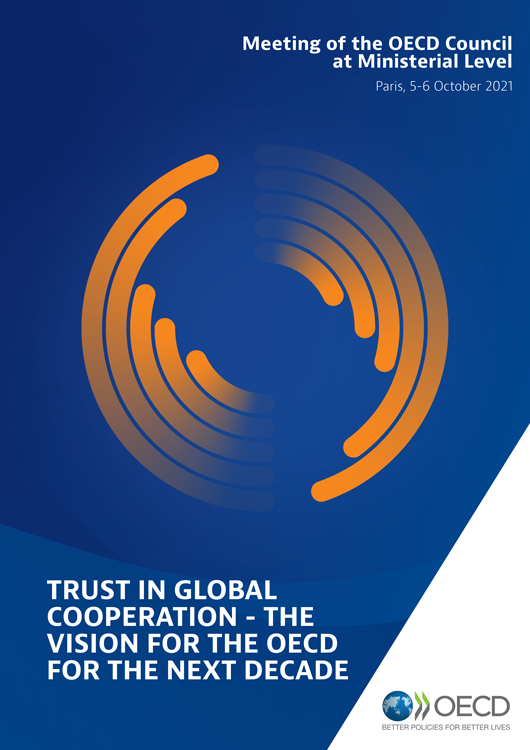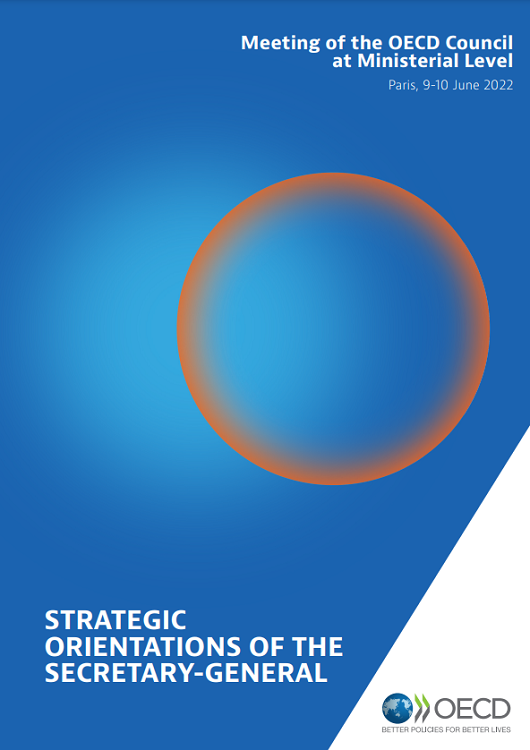
Towards ethical supply chains
OECD Guidelines for Multinational Enterprises encourage companies to incorporate social, human rights and environmental considerations into the way they do business, anywhere in the world.
What's the issue?
In 2013, the collapse of the Rana Plaza garment factory in Bangladesh, which claimed 1130 lives and injured thousands more, sent shock waves across the manufacturing industry and beyond. Rana Plaza marked a historic failure of the textile and garnment supply chain industry’s ability to secure the safety of workers. It was a jarring reminder of the persistent labour, human rights, corruption and environmental risks in today’s increasingly competitive production cycles, in which cutting corners and saving on costs are increasingly widespread.
The garment and footwear industry is not the only one facing such challenges. In our globalised world, companies are working across countries and suppliers to manufacture products and make services available. Supply and distribution chains are increasingly complex, which makes it difficult to control what impact – good or bad – they are having on people and the planet.
As the degrees of separation between the consumer, the maufacturer and the supplier continue to disappear, growing consumer and investor interest in responsible production and sustainability is on the rise. Consumers are demanding that companies be more transparent about the way they do business and how they contribute to creating a sustainable future.
How are we addressing it?
The OECD has developed practical guidance to ensure business can be conducted more responsibly, including throughout global supply chains. The guidance helps companies assess, address and avoid potential negative impacts of their activities, from working conditions and labour abuses, to environmental damages and human rights violations.
In addition to general due diligence guidance, specific due diligence guidance has been developed for the mineral, extractive, garment and footwear, agriculture and financial sectors as risks and due diligence processes vary depending on the industry.
A network of National Contact Points for Responsible Business Conduct (NCP) was also created to address and resolve cases of potential non-compliance to the OECD guidelines and today 48 countries around the world have committed to establishing an NCP. Anyone can submit a grievance to an NCP concerning any business operating ‘in or from’ their country which is causing or linked to alleged corporate, social, environmental, labour or human rights abuses. This process can lead to remedy for victims and bring about significant changes in corporate conduct, thereby contributing to the prevention of future harms.

The business community has a responsibility to conduct business in a way that takes into account both the bottom line and the impact of their activities on society. The [OECD due diligence] guidance is a major milestone in ensuring that governments and business can work together to drive more inclusive and sustainable growth across the world through more responsible business conduct and due diligence across supply chains.
Angel Gurría OECD Secretary-General
What’s the impact?
Through its guidance, the OECD establishes a common understanding of what companies must do to meet global standards for responsible business conduct. The OECD Guidelines for Multinational Enterprises have been implemented and are used by thousands of companies operating in global supply chains. Their widespread uptake can in part be attributed to the support of stakeholders such as the International Labour Organisation, the UN, the G7, industry itself and the 48 countries adhering to the Guidelines which represent approximately 80% of global FDI outflows.
Since 2000, National Contact Points have accepted more than 450 cases, addressing impacts from business operations in over 100 countries and territories. The majority of these submissions focus on employment and worker issues (54%), followed by general policies, which include expectations related to due diligence (49%), human rights (32%) and environment (20%). Since 2011, when a human rights chapter was added to the Guidelines, cases dealing with human rights issues have represented 57% of all cases.











